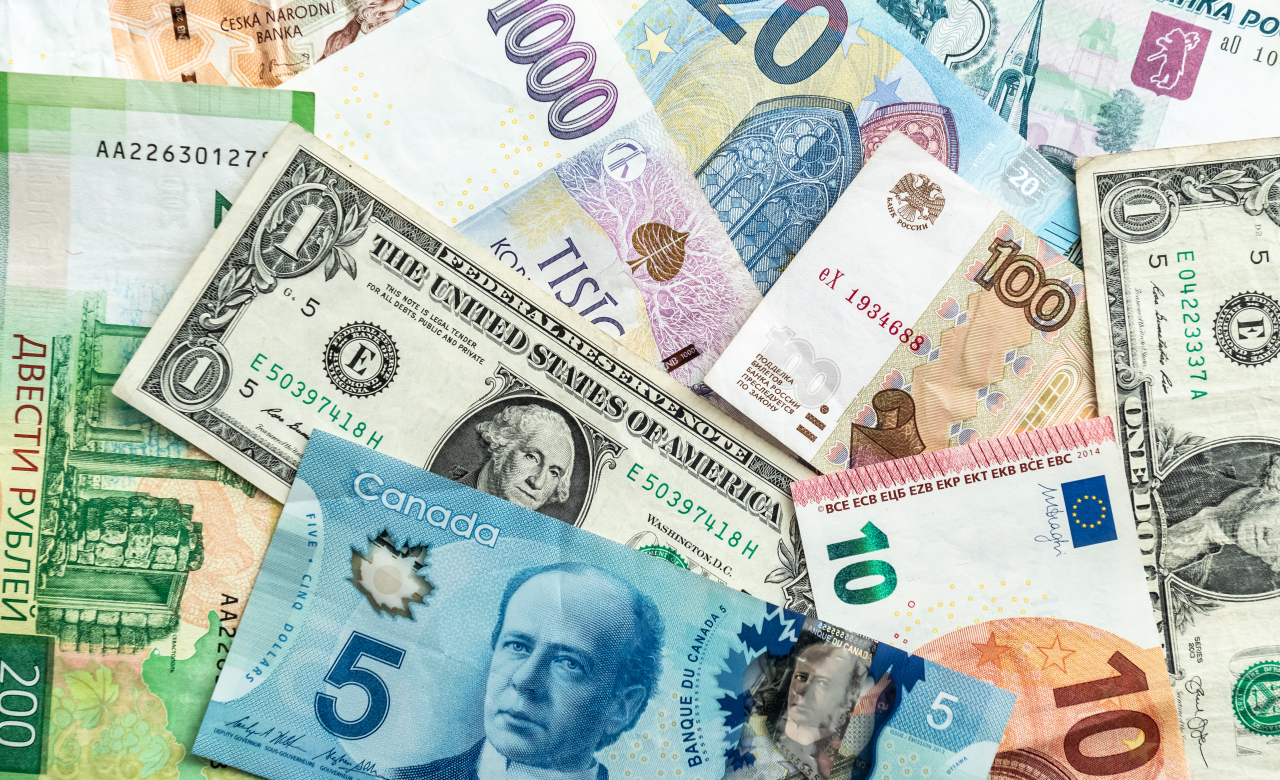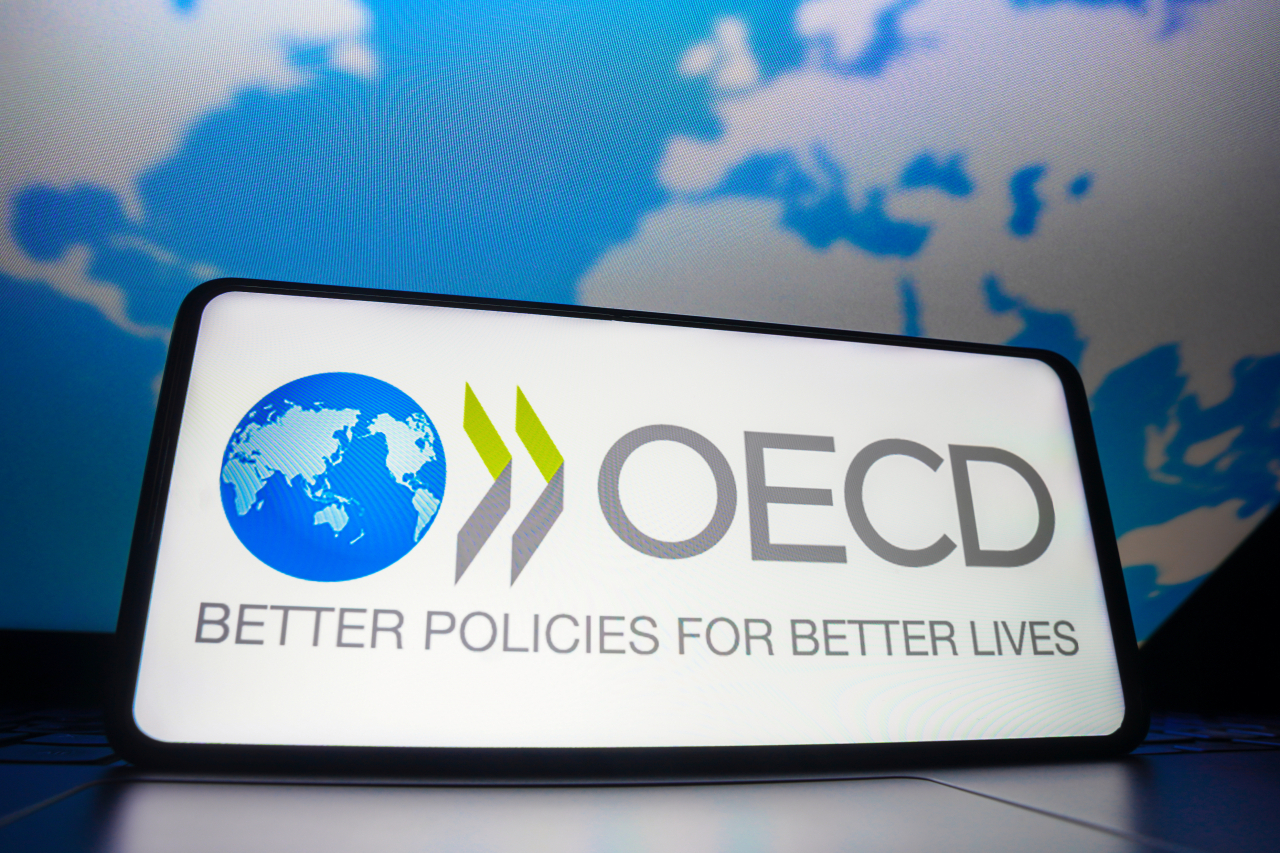[KH explains] Why Korea has been so quick to adopt ‘global minimum tax’
By Choi Ji-wonPublished : Feb. 27, 2024 - 18:02

South Korea has become one of the first countries to implement the so-called “global minimum tax rule” this year, which aims to ensure companies pay at least 15 percent tax on corporate income, regardless of where they operate.
The initiative aligns with international efforts to tackle tax avoidance by major corporations, as they often seek refuge in low-tax jurisdictions. Korea is one of about 20 nations to adopt the new rule so far, while some countries, including the US, are still gauging the impact it will have on their industries.
Based on extensive interviews with tax authorities and researchers, The Korea Herald delves into the reasons and methods underlying the implementation of the new scheme.
What is 'global minimum corporate tax'?
The global minimum corporate tax ensures that large multinational corporations pay a minimum tax rate of 15 percent regardless of their location.
Agreed upon by the Organization for Economic Cooperation and Development and the Group of 20 Inclusive Framework, the rule aims to stop countries from competing to offer the lowest tax rate and to prevent big businesses from avoiding tax by shifting their profits to other jurisdictions.
For over a decade, the OECD has spearheaded negotiations concerning the taxation of cross-border digital services and came up with a two-pillar tax plan. The first pillar deals with how to tax digital services across borders, while the second pillar is about setting a minimum corporate tax rate of 15 percent.
Often dubbed the "digital tax" in Korea, the agreement has the support of 145 countries, representing over 93 percent of the global economy.
While the first pillar is still under negotiation, the second pillar, embodying the 15 percent minimum corporate tax, has already been implemented in over 20 countries including South Korea, the UK, Canada and Japan. Korea was the first to pass the law in December. More nations are expected to follow suit throughout the year.

How it works
Under the minimum tax system, multinational companies making over 750 million euros ($812.3 million) in annual sales must pay at least 15 percent in taxes on their profits in each country where they do business.
If the total tax paid by a company's subsidiaries in a country is less than 15 percent, the parent company has to make up the difference.
Primarily, the parent company pays the extra tax to the country where its headquarters are located, following a rule called the "Income Inclusion Rule" under the second pillar. If that country hasn't adopted the rule yet, other countries can collect the extra tax under a supplementary provision known as the "Under-Taxed Payments Rule." However, no country has implemented the latter yet.
Companies have to report and pay any extra taxes within 15 months after the end of the fiscal year, with an extension to 18 months for the first year the minimum tax rule comes into place.
First-mover advantage?
The global minimum corporate tax rule took effect in Korea starting Jan. 1.
This means that Korean companies with annual sales surpassing 750 million euros -- about 1 trillion won -- twice within the past four fiscal years, fall under the scope of this new regulation.
These conglomerates must make sure that their subsidiaries worldwide pay at least 15 percent corporate tax in any global jurisdiction. Companies subject to taxation must report and pay taxes to the local authorities by the end of June 2026.
For now, Korea is adhering to the Income Inclusion Rule for Korea-based firms, but cannot levy additional taxes on foreign companies. The Korean government aims to implement the supplementary Under-Taxed Payments Rule in 2025, saying its earlier adoption will help enhance its readiness for the wider implementation of the scheme among countries.

Industrial impact
According to government estimates, about 250 companies, including Samsung Electronics and Hyundai Motor Group, will be subject to the 15 percent minimum rule.
Authorities cautioned about a heightened impact on the auto and energy sectors, which have been benefiting from US tax incentives.
Korean battery makers and renewable energy firms stand to receive several trillion won in tax credits from the US government's Inflation Reduction Act, and this may diminish their effective tax rate in the country, leading to increased tax burdens domestically.
LG Energy Solution, a leading Korean battery manufacturer, receives the largest share of IRA Advanced Manufacturing Production Credit among Korean companies. With increased productivity from new US plants, the company anticipates tax cuts to jump from 660 billion won ($490 million) last year to nearly 2 trillion won this year.
More tax cuts for LG Energy Solution mean a heavier tax burden at home for its parent company LG Chem. Industry sources predict that the combined tax rate for LG Chem's US subsidiaries will fall below the 15 percent minimum, leading to potential additional taxes amounting to several hundred billion won.
Other Korean firms, including SK On and Hanwha Solutions, are also expected to receive substantial tax incentives from the US this year.
Companies investing in countries with low corporate tax rates, such as Switzerland at 8.5 percent and Hungary at 9 percent, will also face negative impacts. LG Chem, SK On and Samsung SDI are among the Korean firms operating in Hungary.
What's left ahead?
Korean officials say that it will take follow-up measures early next year when the first corporate tax filings are made after the new rule takes effect, adding that the OECD continues to negotiate the intricate details surrounding the interpretation and application of the rule in specific contexts.
"The US government has indicated that certain tax benefits under the IRA may fall under the global minimum tax exception, yet the OECD guidelines remain unclear regarding the eligibility of tax benefits for adjustment. Potential conflicts may emerge due to disparities between the two regulations," the state-operated Korea International Trade Association highlighted in a recent report on the global tax rule.
Criticism is mounting against the South Korean government for hastily introducing the global tax rule, especially as some major countries, including the US, continue to defer its implementation while evaluating its impacts.
The impending US presidential election in November could also influence the application of the rule, experts cautioned, particularly with the rising possibility of former President Donald Trump securing a second term.
"During his initial term, Trump openly opposed the digital tax, alleging that it unfairly targets American tech giants like Facebook and Google. The global minimum tax discussion got a boost under the Biden administration. So right now, the US is still much divided on it," explained a senior researcher at KITA.



















![[Today’s K-pop] Treasure to publish magazine for debut anniversary](http://res.heraldm.com/phpwas/restmb_idxmake.php?idx=642&simg=/content/image/2024/07/26/20240726050551_0.jpg&u=)